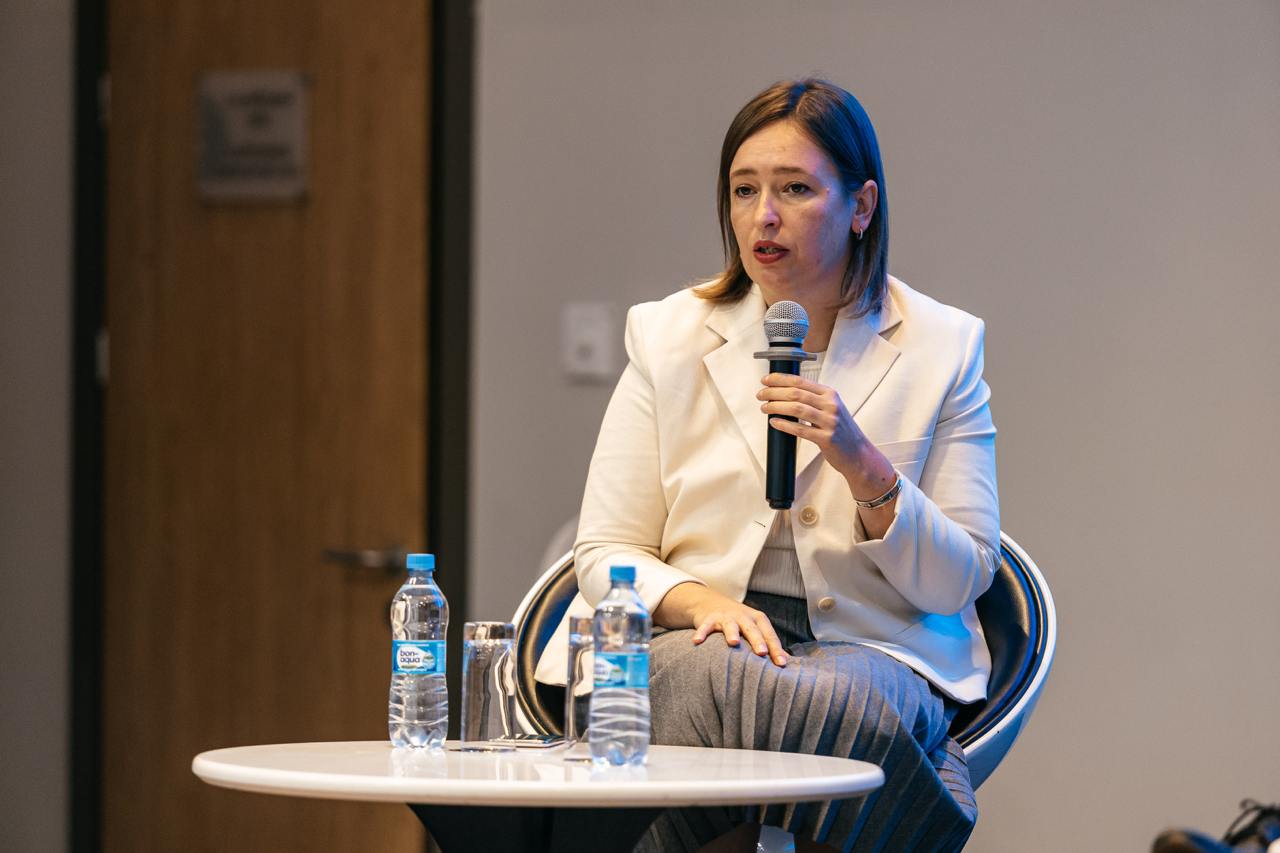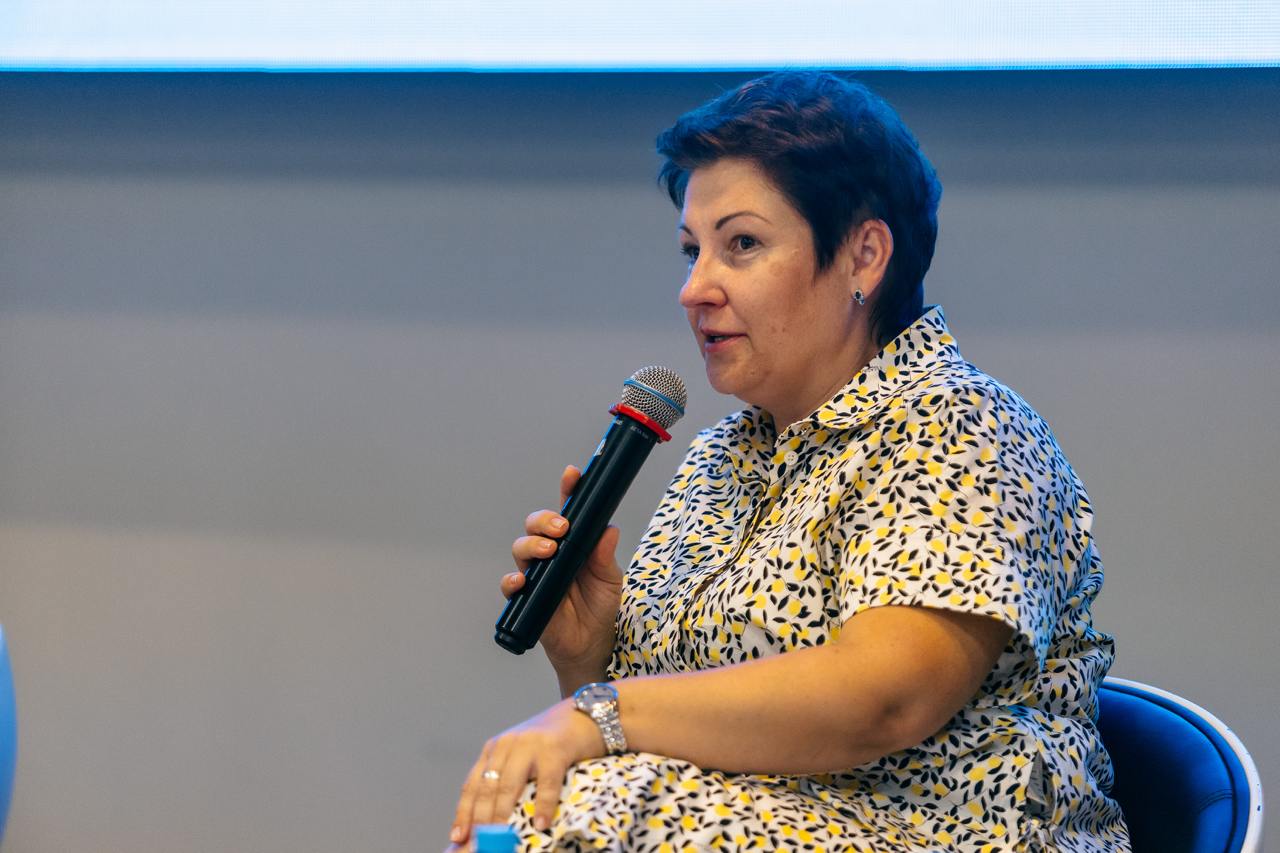Forum “Effective Work of Psychologists: an Important Component of the Penitentiary Reform” Took Place with the Support of EU Project Pravo-Justice

On 28-29 August, EU Project Pravo-Justice together with the Council of Europe Project DECOPRIS and the Ministry of Justice of Ukraine held a forum “Effective Work of Psychologists: an Important Component of Penitentiary System Reform”. Over 100 psychologists from penitentiary institutions and pre-trial detention centres participated in the event.

Iryna Zharonkina, Enforcement and Protection of Property Rights Component Lead of EU Project Pravo-Justice, emphasised that it is important to continue reforming the penitentiary system in the context of the European integration aspirations of Ukraine.
“In recent years, Ukraine has made significant progress in reforming the criminal justice sector and the penal system. The focus has shifted to individualised sentencing, convict rehabilitation, and introducing alternative sanctions. Psychologists working with prisoners play an important role in the effective implementation of new policies. International experience shows that the security of society depends on the professionalism of psychologists in penitentiary institutions,” said Iryna Zharonkina.

Nataliia Rybalka, Deputy Head of the Department for the Implementation of Sentences, noted that the state places great emphasis on reforming the penitentiary sector.
“Reforming the penitentiary is impossible without the professional development of psychologists. Together with our European partners, we undertake systematic efforts to improve the professional skills and abilities of psychologists working with people held in detention,” said Nataliia Rybalka.
Erlend Falk, Deputy Head of the Council of Europe Office in Ukraine, noted that despite Russia’s full-scale military aggression, Ukraine manages to continue day-to-day work on creating a modern penitentiary system, introducing best international practices, including the Council of Europe recommendations.
The Forum agenda covered four trainings on crisis psychological counselling, the work of psychologists with people prone to self-harm, blackmail and demonstrative behaviour, skills in conducting training sessions and the role of psychologists in motivating prisoners to change.